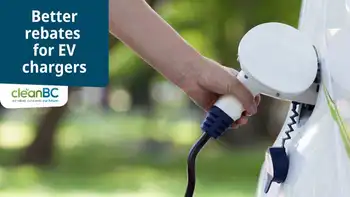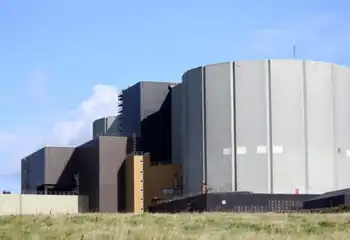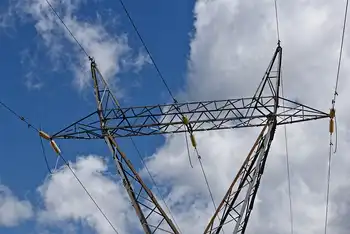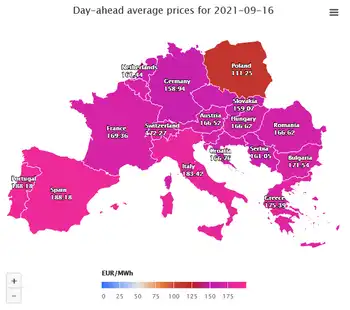Electrically stimulating brain helps depression
TORONTO, ONTARIO - A surgical technique that directs a stream of electric current to a specific region of the brain may offer a way to treat patients with severe depression, Toronto researchers reported.
Deep brain stimulation, a procedure that involves inserting electrodes into the brain to stimulate neural circuits with electricity, was found to be both safe and effective in relieving the symptoms of depression in 60 per cent of patients who suffer from a serious and untreatable form of the illness.
The small, 20-patient trial, published in the journal Biological Psychiatry, also found 35 per cent of patients were still largely free of symptoms 12 months after surgery.
"There were striking improvements in patients who were resistant to all other forms of treatment," said Dr. Andres Lozano, the study's principal investigator and neurosurgeon at the Krembil Neuroscience Centre at Toronto Western Hospital. Patients who participated in the study were considered untreatable because drugs, psychotherapy and electroshock therapy had not relieved symptoms.
Lozano, who helped pioneer the use of deep brain stimulation, or DBS, to treat depression, said the study provides further evidence the technique could be a valuable therapy for patients who have run out of treatment options.
Some 120 million people worldwide suffer from depression, and current treatments help 80 per cent of patients, said Lozano.
DBS, which relies on technology similar to a cardiac pacemaker, has had success in relieving the tremors of Parkinson's disease.
Previous research pointed Lozano and his colleagues to a region of the brain that appeared dysfunctional in patients with depression.
"The activity in this area is hyperactive, or overactive, in patients with severe depression. By placing electrodes in the region and continuously stimulating it with electricity 24 hours a day, we could turn down the activity in this area."
DBS did not cause any cognitive damage, which Lozano said is another potential benefit of the therapy. Electroshock therapy, which is used to treat depression in 100,000 people every year, is associated with adverse effects, he said.
The next step is to investigate DBS in a large population of patients. A 200-patient trial involving 15 centres in Canada and the U.S. is under way with results due in three years.
Related News

British Columbians can access more in EV charger rebates
VANCOUVER - The Province and Natural Resources Canada (NRCan) are making it more affordable for people to install electric vehicle (EV) charging stations in their homes, businesses and communities.
B.C. residents, businesses and municipalities can receive higher rebates for EV charging stations through the CleanBC Go Electric EV Charger Rebate and Fleets programs. For a limited time, funding will cover as much as 75% of eligible purchase and installation costs for EV charging stations, which is an increase from the previous 50% coverage.
“With electric vehicles representing 13% of all new light-duty vehicles sold in B.C. last year, our province has the…




